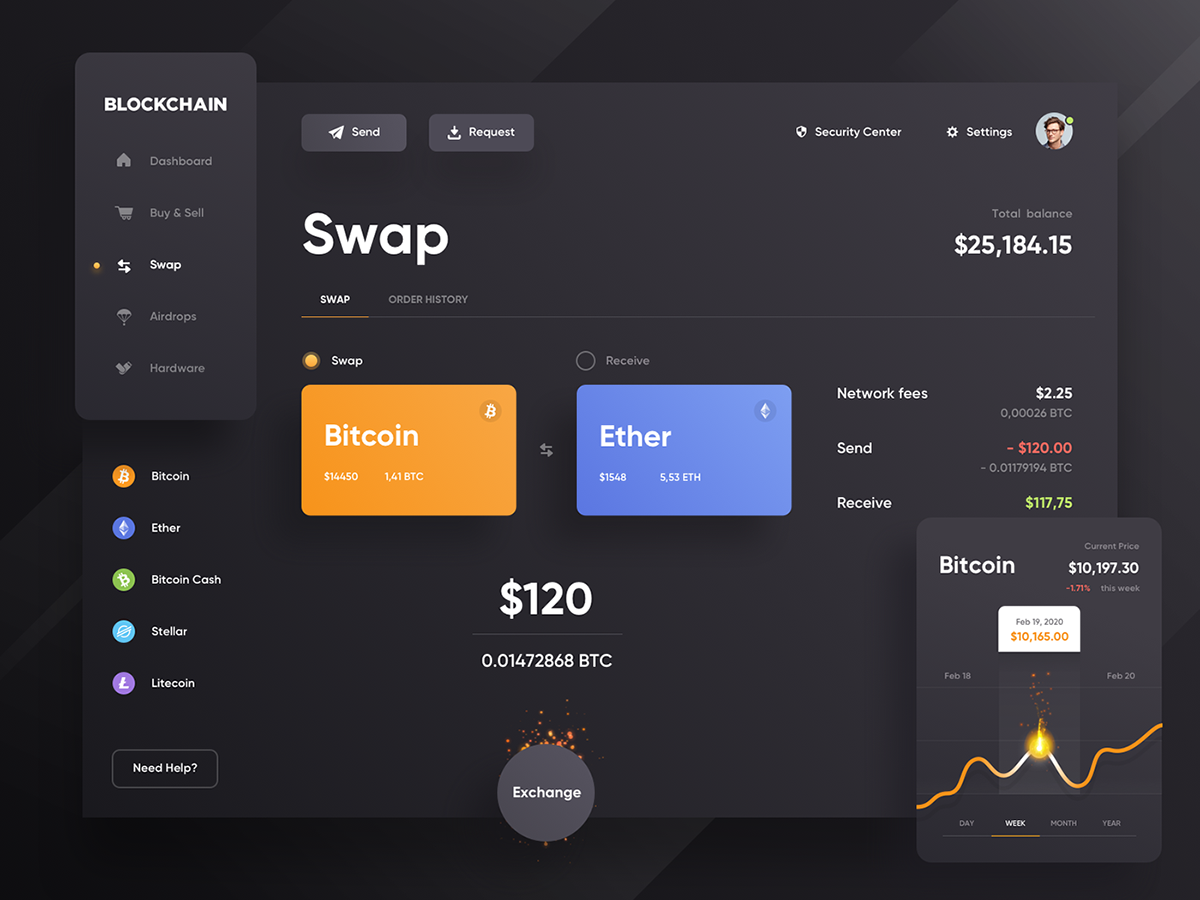Last Updated:
Jul 23, 2025
What is a crypto swap and why It matters: A beginner’s guide
Last Updated:
Jul 23, 2025

Author
Share this article
Swap is the process of exchanging cryptocurrencies or tokens on decentralized platforms. Unlike centralized exchanges, where the exchange is done through intermediaries, in DeFi all transactions occur directly between users through smart contracts. This makes the exchange faster, cheaper, and more secure.
How does it work
On DeFi platforms, users exchange their tokens through smart contracts. This can be the exchange of one token for another or providing liquidity to a liquidity pool in return for rewards. All operations in DeFi are conducted via decentralized protocols, which eliminates the need for central authorities and allows users to earn on asset exchanges.
Example: You provide liquidity for a token pair (e.g., ETH/USDT) on a platform like Uniswap or SushiSwap. In return, you earn a percentage of the transactions occurring within that liquidity pool.
What are the different types of swap in DeFi
• Decentralized exchanges (DEX) — You provide liquidity on platforms like Uniswap or SushiSwap and earn rewards from the swaps that happen in your liquidity pool.
• Swap on aggregators — Platforms like 1inch or Paraswap look for the best exchange rates across multiple DEXs and provide better terms for users.
• Liquidity-based swap — You earn rewards for providing liquidity for token exchanges on platforms that use liquidity pools for trading.
• NFT swap — Exchanging tokens or liquidity using non-fungible tokens (NFTs), which allows you to earn additional rewards or access exclusive opportunities.
How to choose profitable and reliable swap projects
Choosing the right swap projects is essential for successful earnings. To minimize risks, consider the following factors:
• Audits and security — Make sure the project has undergone a security audit. This is crucial, as vulnerabilities in the code can lead to loss of funds.
• Liquidity volume — Choose projects with sufficient liquidity so that your funds are not "locked" for too long.
• Reputation and community activity — Check reviews and discussions in communities like Reddit, Twitter, Discord, and Telegram. This will give you insights into what other participants think.
• Risks and returns — High returns can be attractive, but remember that more risky projects can result in higher losses.
What profits can you expect from swap
The profitability from swap depends on many factors, such as the platform, liquidity, and the type of swap. On popular platforms, returns can range from 5% to 200% annually, depending on the activity of users and the trading volume.
Example: On platforms like Uniswap or SushiSwap, liquidity providers may earn 0.1% for each successful swap, and you receive rewards for every completed transaction.
What factors affect profitability
• Liquidity volume — Projects with low liquidity may offer higher returns but are also riskier.
• Time in the pool — The longer you provide liquidity, the more rewards you earn.
• The market — On volatile markets, profitability can fluctuate significantly, but it also presents the potential for higher earnings.
Where to find promising swap projects
To avoid missing out on profitable opportunities, keep track of current events in the crypto industry.
Where to look for new swap projects
• Cryptocalendar — Tracks popular token swaps and liquidity platforms.
• Twitter (X) — News and updates from project teams.
• Discord and Telegram — Discussions and announcements about new projects within the communities.
Tip: Always check the reputation of the platform before committing your funds.
Conclusion
Swap is a great way to earn passive income, but it comes with risks. It's important to carefully choose projects and take into account liquidity, security, and actual profitability.
Author
Share this article
